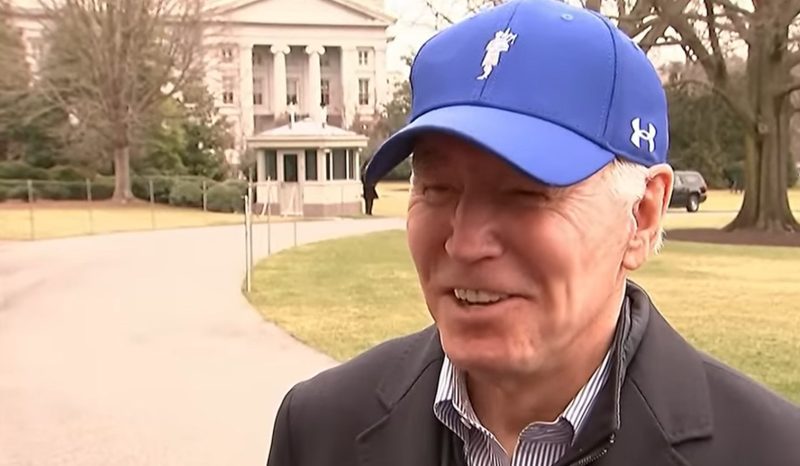
President Joe Biden’s recent interview with George Stephanopoulos on ABC has added fuel to the fire of concern within the Democratic Party. Following his challenging debate performance, this interview was a crucial opportunity for Biden to regain control of the narrative and reassure both his supporters and the wider electorate of his competence and vision.
Unfortunately, the interview appears to have deepened the sense of unease and panic among Democrats.
Biden’s sit-down with Stephanopoulos was intended to be a platform where he could present a strong, coherent message. However, the interview was marked by several notable missteps that have only amplified existing doubts about his candidacy.
1. Struggles with Articulation and Clarity
Throughout the interview, Biden often appeared fatigued and struggled to convey his points succinctly. His answers were sometimes rambling, lacking the crispness and clarity needed to effectively communicate his message. For example, when discussing the economy, Biden’s explanations were convoluted, leaving viewers confused about his administration’s achievements and future plans.
2. Age and Mental Acuity
One of the most pressing concerns among voters and within his party is Biden’s age and mental acuity. Stephanopoulos did not shy away from these topics, directly questioning Biden’s capacity to continue leading. Biden’s responses, rather than allaying fears, often seemed to confirm them. He appeared defensive and, at times, struggled to complete his thoughts, reinforcing the narrative that his age might be affecting his performance.
3. Handling of Key Issues
Biden’s handling of critical issues during the interview was another point of concern. On topics like the ongoing border crisis and inflation, his answers were seen as inadequate. He often deflected blame or provided broad, unspecific solutions, which failed to inspire confidence in his ability to manage these complex issues effectively.
Reactions and Implications
The aftermath of the interview has been dominated by a wave of negative reactions from political analysts and members of his own party. Van Jones, a former advisor to Barack Obama, described the interview as “painful” and expressed a personal sense of disappointment, highlighting that Biden failed to restore confidence among Democrats.
David Axelrod, another former Obama advisor, suggested that the party might need to consider alternatives if Biden cannot demonstrate more robust leadership soon. This sentiment is echoed by many within the Democratic base, who fear that Biden’s perceived weaknesses could hand the election to Donald Trump.
Democratic Concerns and Calls for Change
The growing concern within the Democratic Party is palpable. Prominent figures and donors are increasingly vocal about the need for a potential change in leadership. There is talk of an “open convention” where other candidates could challenge Biden for the nomination. This level of internal dissent is unprecedented and reflects the depth of anxiety about Biden’s ability to secure a second term.
Moving Forward
As the campaign progresses, Biden faces the formidable task of reversing this negative perception. His performance in future debates and interviews will be critical. He needs to demonstrate not only his intellectual vigor but also a clear, compelling vision for the future. The upcoming debates, particularly the one scheduled for September, will be crucial in determining whether Biden can regain his footing or if the calls for a new candidate will continue to grow louder.
Biden’s interview with George Stephanopoulos was a missed opportunity to quell rising panic within his party. Instead of providing reassurance, it has intensified fears and doubts about his candidacy. The Democratic Party is now at a crossroads, grappling with whether to rally behind Biden or seek a new path forward in a bid to maintain their hold on the White House.
